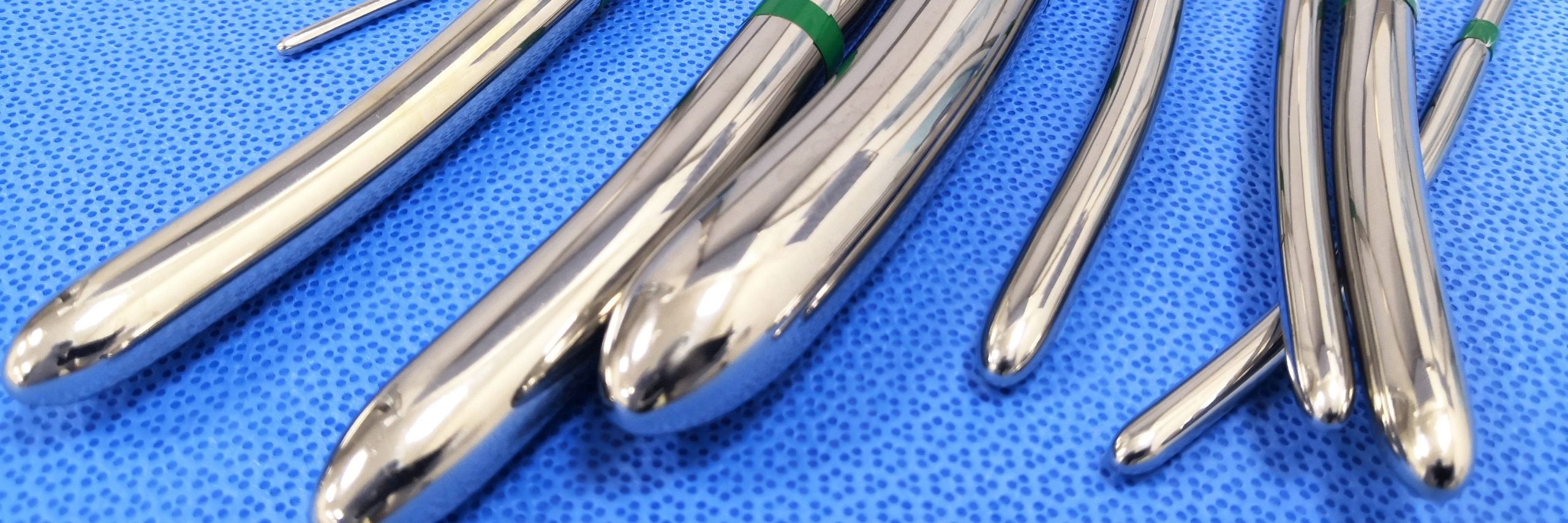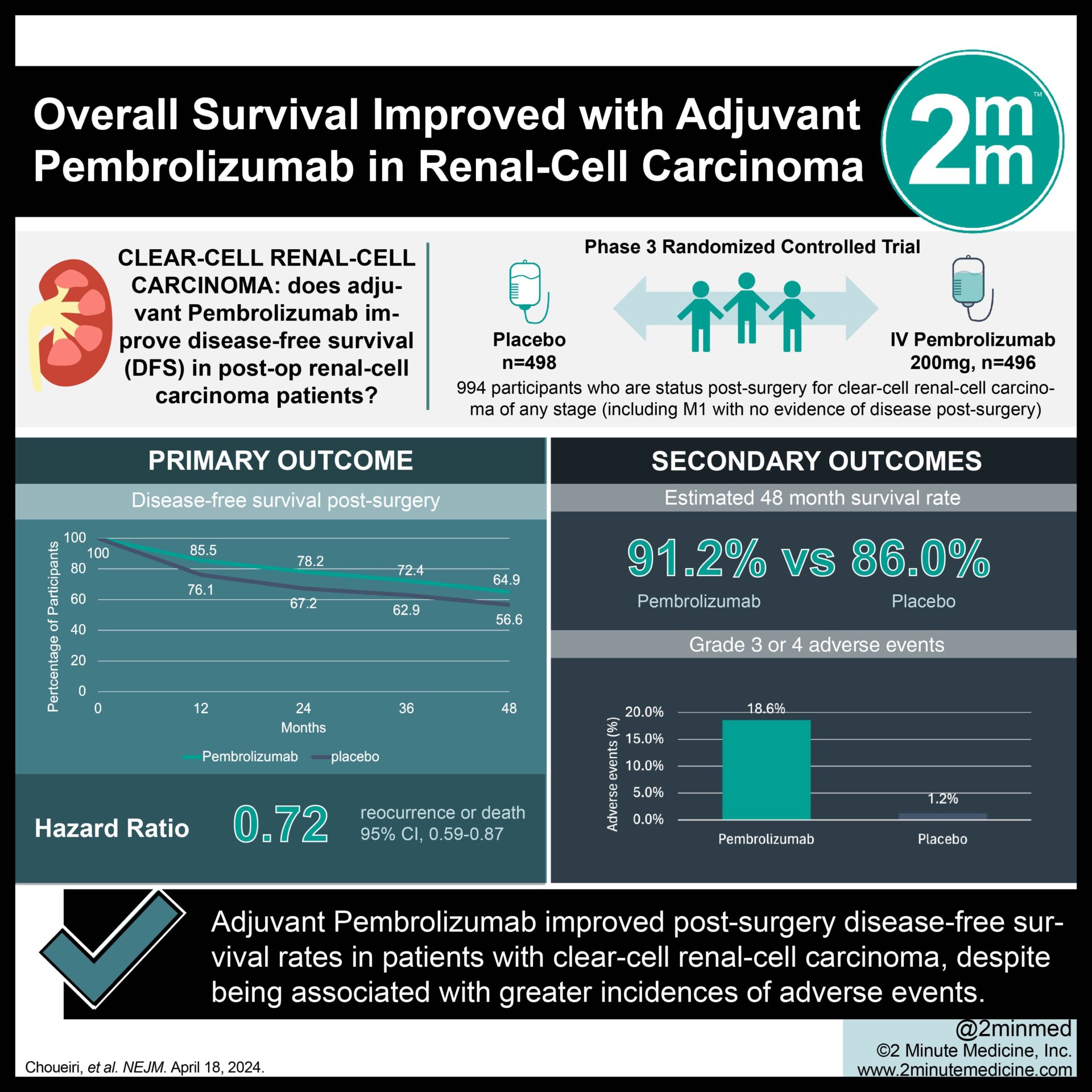Prostate cancer is currently one of the major malignant tumors in males. The main barriers to effective prostate cancer treatment are recurrence and metastasis. Our study showed that emodin (EG) drastically reduced the cell viability of PC3 and DU145 cells and strikingly induced necroptosis that was visualized through colony formation assay, Hoechst 33258 staining, and TEM analysis. Furthermore, it was discovered by RNA-sequencing and KEGG functional enrichment analysis that EG treatment of PC3 cells activated the necroptosis-related pathway. By using qPCR and immunoblotting to analyze the mRNA and protein expression of necroptosis markers, it was determined that EG-induced cell necroptosis via increasing the expression of MLKL and HSP90AA1 activating PGAM pathway which is thought to be a key mediator of mitochondrial fission and the production of ROS in PC3 and DU145 cells. Our results, therefore, revealed that EG is a novel small molecule agonist that activated the HSP90/MLKL/PGAM pathway to induce necroptosis in prostate cancer cells.© 2023 Wiley-VCH GmbH.















